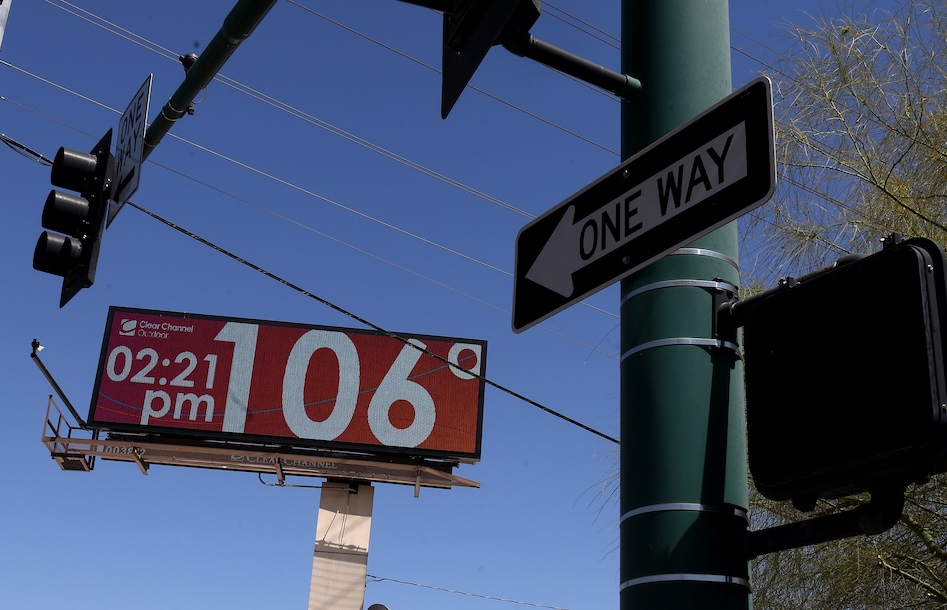
By Chris Daniels
Climate change is high on the agenda of major events in New York this month, with the U.N. General Assembly underway, the Clinton Global Initiative beginning on September 23 and The New York Times’ annual climate summit starting two days later.
Despite the convergence of these gatherings, bringing together global political leaders, CEOs, activists, philanthropists and journalists, media coverage of climate change in the U.S. is under threat. It is negatively affected by media budget and position cuts, public apathy and politicization.
Some major outlets have climate desks, including Reuters and The New York Times, with its twice-weekly e-newsletter, Climate Forward. Yet over the past 10 months, editorial resources devoted to climate change across media outlets have been targeted for cuts.
Not everyone agrees that climate desks and reporters are going extinct more quickly than other beats.
“In contrast to other areas of the media landscape, we’ve seen a steady increase and investment in climate reporting over the past few years,” says Whitney Dailey, EVP of Allison’s purpose center of excellence.
The Brookings Institute found that climate reporting has increased 300% since 2012. And Dailey says she sees more dedicated or specialized beat reporters covering climate change as opposed to general assignment reporters.
“Given the subject matter is complex and continuously shifting, a dedicated reporter can better track and report on that nuance,” she says. “In our media pitching, we are more often than not engaging with someone who is passionate about this topic and does in-depth reporting on the subject.”
Dailey says that while U.S. coverage is often through the prism of the presidential election or from a business context, communicators need to play the long game.
“There’s no questioning this election will very much set the tone globally as it relates to climate change progress, but we must also keep in mind that the fate of our planet transcends politics and frame the urgency and the opportunity of the challenge ahead as central to the narrative,” says Dailey.
Read full article here: Inside the rapidly changing climate beat | PR Week